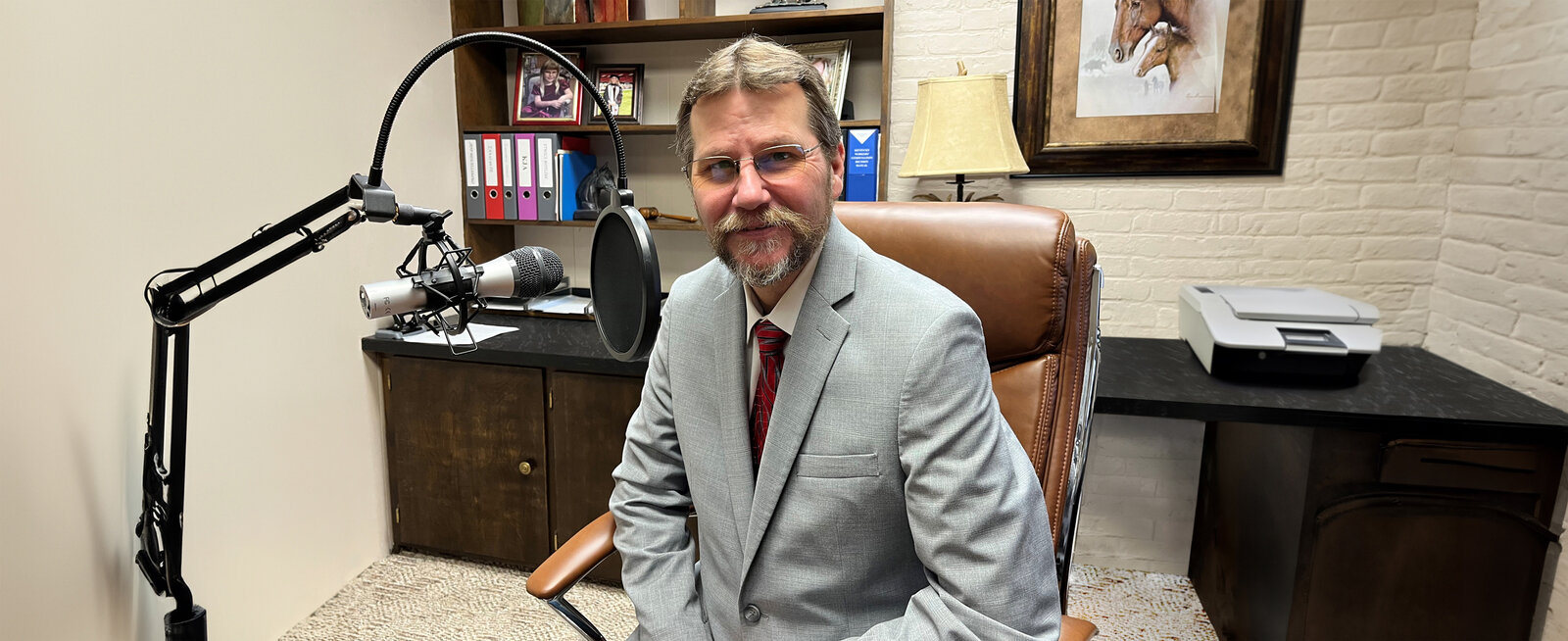Episode 26: In today’s episode, personal injury attorney Jeff Roberts discusses injuries resulting in a loss of use or an amputation. This is a difficult topic, but he has over 28 years of experience representing clients who have suffered these due to workplace injuries, trucking collisions, car wrecks and motorcycle accidents.
Workplace Injury Resulting in Amputations
Factories are full of heavy equipment that can pose a danger to factory workers. Crush injuries can occur when people are moving that equipment. Crews working on cranes or other equipment are certainly at risk of injury.
Motor Vehicle Accidents
Crushes of hands and arms are the frequent result of car wrecks and trucking collisions. Motorcycle accidents often result in loss of use injuries due to the sever nature of these wrecks.
Loss of Use Injury
This can be a result of serious nerve damage, even without an amputation or crush-injury. Even if a nerve has been lacerated, after surgery, there’s still a chance the limb’s mobility or related-sensations do not return.
If an arm or other limb is severely stretched by a piece of moving equipment, the nerves can be injured or even torn from the spinal cord.

Determining the Value of the Injury Case
Medical treatment and testing is the first step. The injured individual needs to get the best possible medical care. At some point, he/she will reach maximum medical improvement (MMI). Based on Jeff’s experience, he can often advise the client in finding a specialist for the specific injury.
During the treatment, Jeff works to identify and secure various types of income to assist the individual to help cover bills. If it’s a Kentucky workers’ compensation claim, due to a workplace injury, Jeff will file for temporary total disability benefits (TTD). This provides income during the time the injured worker is not working, but hasn’t yet reached MMI.
In car wreck and other motor vehicle accident cases, it can be more difficult. Kentucky does have no-fault coverage, which provides up to $10,000 or more of coverage for medical bills and lost wages. Often, the ER bill can exceed that amount fairly quickly. Accidents involving amputations quickly generated enormous medical bills.
Short-term and Long-term Disability Insurance
Jeff strongly recommends having these types of insurance policies. If your employer offers this as part of its group policy, it’s probably well worth the money. They can provide much need funds to cover expense while your injury claim is being settled or litigated.
The Same Injury Can Have Different Values
Interestingly, if two people have the same crush injury or loss of use injury, the type of work they do will have an impact on the amount each of the injuries is worth from an occupational disability standpoint. This is true in cases of accidents involving amputations
An office worker who loses the use of a hand may still be able to function. However, a mechanic who typically needs both hands when working on an engine or other piece of equipment may not be able to perform the requirements of the job. Therefore, it could be argued the mechanic’s injury has a higher value (again, from an occupational disability standpoint).
Your Impairment Rating
In Kentucky workers’ comp, once you’ve reached maximum medical improvement, a physician will evaluate your ability to perform specific movements and activities. This typically results in an impairment rating, which impacts the value of your claim. Assuming you’re able to return to work, the impairment rating is used in determining your permanent partial disability.
Serious Injuries Take Time to Evaluate
Often, Jeff Roberts will bring in other experts to help substantiate the extent of the injury and its impact on the individual’s ability, moving forward. Depending upon the type of case it could mean involving vocational expert and even an economist to explain the future financial impact.
It’s not uncommon for the at-fault driver’s insurance adjuster to offer a quick settlement. This may seem like a good idea, but in reality, they aren’t looking out for your best interest. It takes time to complete your medical treatment and to determine the full extent of your injuries. This is especially important for accidents involving amputations or loss of use injuries.
Taking that quick settlement may not provide enough money to adequately compensate you, cover your future medical expense and account for your diminished work capacity, among other factors.
Resolving Difficult Situations
Jeff Roberts handles workers’ compensation, social security disability and personal injury claims. This can enable him to more easily coordinate the approach of the claims, which can actually be filed simultaneously.
However, because personal injury claims (i.e. car wrecks) don’t have TTD benefits (like a workers’ comp claim) to provide funds while the claim is being processed and decided, it can present challenges for the injured individual. Jeff works thoroughly to determine any potential sources of insurance coverage.
There can be multiple insurance policies. If this is the case, it may make sense to reach a settlement with certain policies, before the full injury case is resolved. This is especially true if he can secure the policy limits of one of the at-fault driver’s policy.
For more information, visit www.JeffRobertsLaw.com. This podcast is meant to provide information and is not legal advice. Jeff’s principal office is located at 509 Main Street, Murray, Kentucky. Co-host Jim Ray is a non-attorney spokesperson. This is an advertisement.




